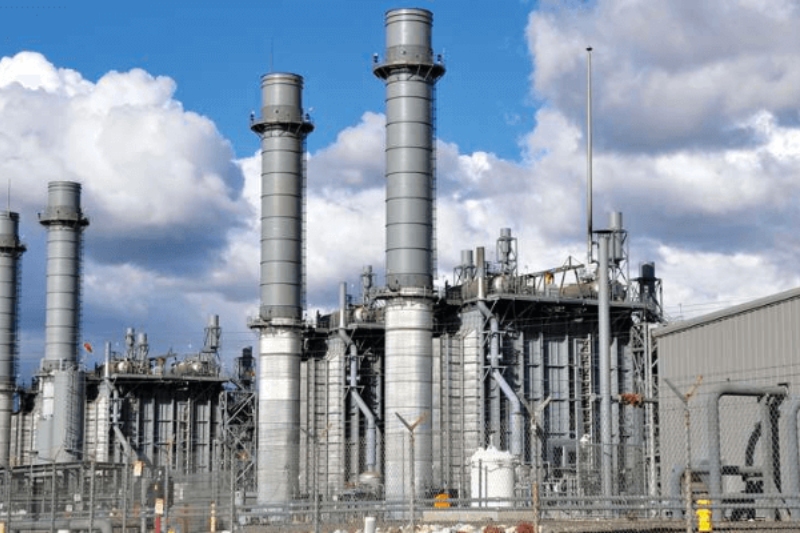In a groundbreaking move, Riverside LNG, a Nigerian energy company, has unveiled plans to supply gas to South Africa, marking the initiation of a historic collaboration between the two nations.
The announcement follows Riverside LNG’s earlier agreement with Johannes Schuetze Energy Import AG of Germany for gas exports. CEO David Ige revealed the company’s exploration of potential deals across the continent, emphasizing Nigeria’s position with the largest gas reserves in Africa. Projections indicate Nigeria’s dominance in the African natural gas and liquefied natural gas (LNG) market from 2023 to 2027 amid the global shift away from fossil fuels.
“We’d probably very early in the year close out another segment of the market, an off-take for South Africa,” said Ige, highlighting the evolving gas market within 3,000 nautical miles of Nigeria, encompassing southern Africa, western Africa, northwest Europe, the Caribbean, and South America.
While maintaining confidentiality regarding discussions with South Africa, Ige expressed the company’s broader vision, positioning Nigeria as a pivotal trading hub. Riverside LNG is also exploring opportunities in Liberia and Cameroon.
Keep Reading
South Africa faces an imminent electricity crisis in 2023, surpassing last year’s power cuts. Eskom, the state power utility, attributes the crisis to breakdowns in ageing coal-fired plants and substantial debt. Efforts to procure more electricity from private producers have encountered obstacles, including grid constraints and legal challenges.
Despite South Africa’s current lack of LNG infrastructure, deliveries from Riverside LNG are scheduled to commence in 2027. This timeline allows for the development of essential import terminal infrastructure. With the country heavily reliant on coal for power generation, South Africa aims to shift to renewable sources, targeting 60 gigawatts of power by 2030. The World Bank is reportedly considering a $1 billion loan to support South Africa’s energy sector revitalization initiatives.
Eskom plans to allocate a portion of its $12.5 billion multilateral loans to deliver power to areas where grid congestion impedes the transition to renewable sources. The Riverside LNG-South Africa gas supply deal emerges as a strategic step toward meeting energy demands and fostering sustainable development in the region.

